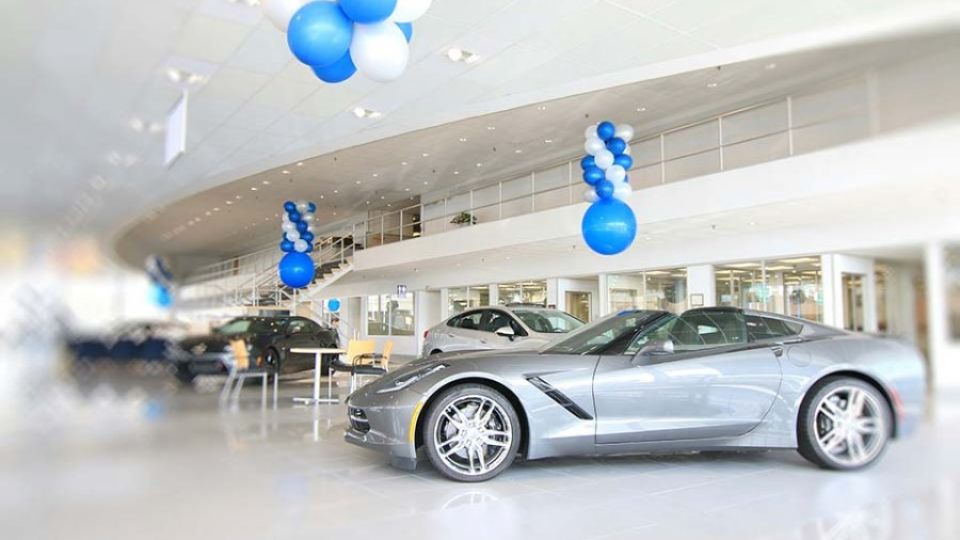September 9, 2024
THIMPHU – In a dramatic rebound, automobile dealers in the country—that were out of business for the past two years—have reported hundreds of car bookings following the government’s lifting of the import moratorium on August 18.
As of September 5, the State Trading Corporation of Bhutan Limited (STCBL) has logged 91 bookings.
Among these, 15 are for the high-end Toyota Land Cruiser SUV, priced at Nu 24.89 million, and six bookings for the Toyota Hilux.
In addition, STCBL has received nine bookings for Tata vehicles.
“Toyota vehicles would take six months for delivery while Tata models from India will arrive in about four months,” said a STCBL official, adding that the number of bookings has reached pre-moratorium days.
Another major car dealer, Bhutan Hyundai Motors has also experienced a notable uptick in the bookings, with approximately 100 bookings confirmed since the moratorium was lifted. Of these, 70 percent are for the new Hyundai Creta, which is priced between Nu 1.69 million and Nu 2.4 million.
The senior general manager of Bhutan Hyundai Motors, Pema Loday, said that after the bookings, it normally takes three to four months to deliver the cars to the customers.
However, about 30 cars are expected to arrive next week.
Pema Loday hinted that the price of Creta could slightly drop.
Zimdra Automobiles also reported a similar trend, with around 100 bookings following the end of the import ban.
Despite the early enthusiasm among prospective buyers, some buyers are being deterred by stringent financing conditions.
Currently, banks provide only 30 percent of the loan amount for petrol or diesel vehicles, compared to up to 70 percent for hybrid or electric cars.
This shift follows a Royal Monetary Authority directive from August 1, 2017, which revised vehicle loan policies.
Earlier, the banks provided 50 percent of the price of the vehicles exceeding Nu 800,000 and 60 percent for cars that cost less.
There is also speculation that the government might reduce vehicle taxes in the upcoming parliamentary session. “Such expectations have led to some canceled bookings, as prospective buyers wait to see if tax adjustments will make car purchases more affordable,” a car dealer said.
During the recent meeting-the-press, Finance Minister Lekey Dorji said that the significant price increase cannot be solely attributed to changes in tax policy.
He added that even if the government were to reduce taxes, it might not lead to a decrease in vehicle prices due to other influencing factors. These include shipping charges, environmental standards, currency fluctuations, and model specifications.
The vehicle moratorium was introduced in August 2022 to safeguard foreign currency reserves and ensure macroeconomic stability. However, with the recent economic upturn, the government believes that resuming vehicle imports will further support economic expansion and enhance public confidence.
Under the moratorium, import of certain categories of vehicles such as utility vehicles valued at less than Nu 1.5 million and pickup trucks were allowed. Heavy machinery utilised in construction and agriculture activities and vehicles for the use and promotion of tourism were also exempted from the moratorium.
The previous government implemented the vehicle moratorium when the country’s foreign exchange reserve stood at USD 736.02 million in August 2022. The forex reserve had declined to USD 624.11 million as of June this year.
However, certain quarters have voiced concerns that the surge in vehicle imports could deplete the country’s foreign currency reserves further.
“Our key source of foreign currency, the tourism industry, is yet to fully recover. The only improvement in our forex reserves has come from donor and aid money,” one observer said. “If we continue importing vehicles at this rate, our reserves could quickly diminish. We might end up back where we started, necessitating another import ban to protect our reserves.”
In 2023, Bhutan imported vehicles worth Nu 926.09 million, a significant drop from Nu 3.2 billion in 2022. Bhutan imported vehicles worth Nu 4.72 billion in 2021.
As of July, Thimphu has the highest number of registered vehicles at 69,947, followed by Phuentsholing with 39,551, Gelephu with 8,927, Samdrupjongkhar with 5,782, and Mongar with 3,109.


